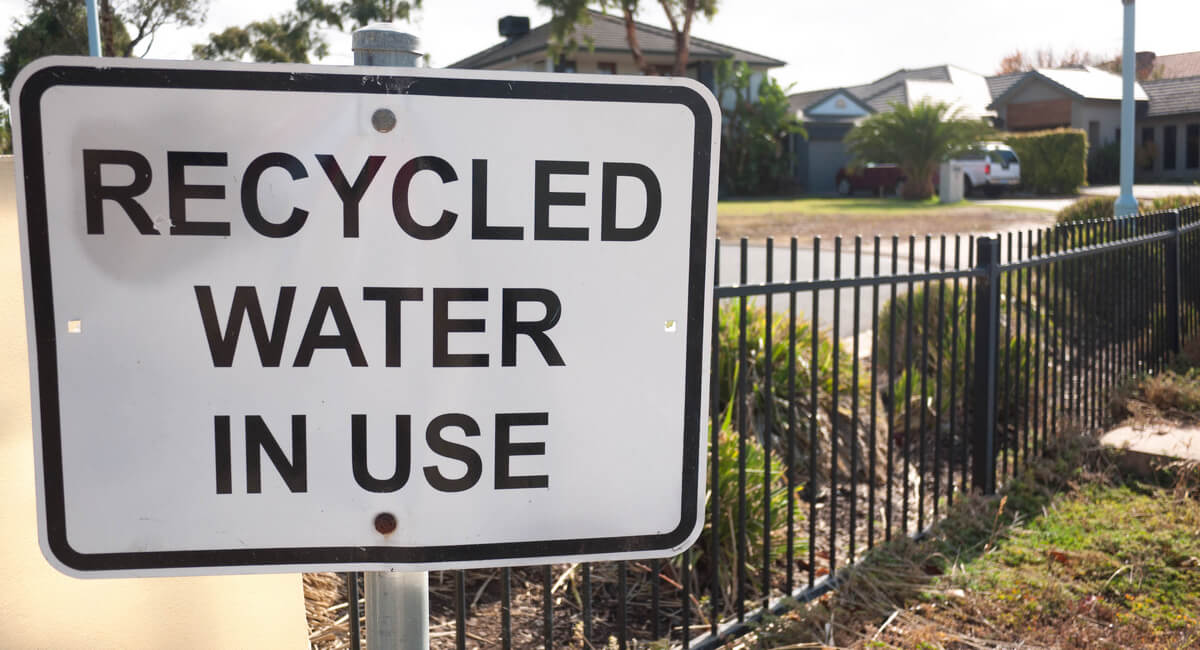Excessive water usage is a big financial and environmental concern for many homeowners. The average family in America uses over 300 gallons of water per day. If you live in an area with frequent droughts or water restrictions, water conservation may be especially important to you.
Fortunately, there are innovative and eco-friendly solutions that can help you conserve water at home. Greywater systems are one of the best options for homeowners who want to save money on their water bills or reduce their carbon footprints. With a greywater system, you can safely recycle some of the water your home consumes.
Installing a greywater system can sometimes be a simple DIY project. However, you should always be fully informed on the proper installation guidelines and safety measures before taking on any type of plumbing renovation. Here’s everything you need to know about residential greywater systems:
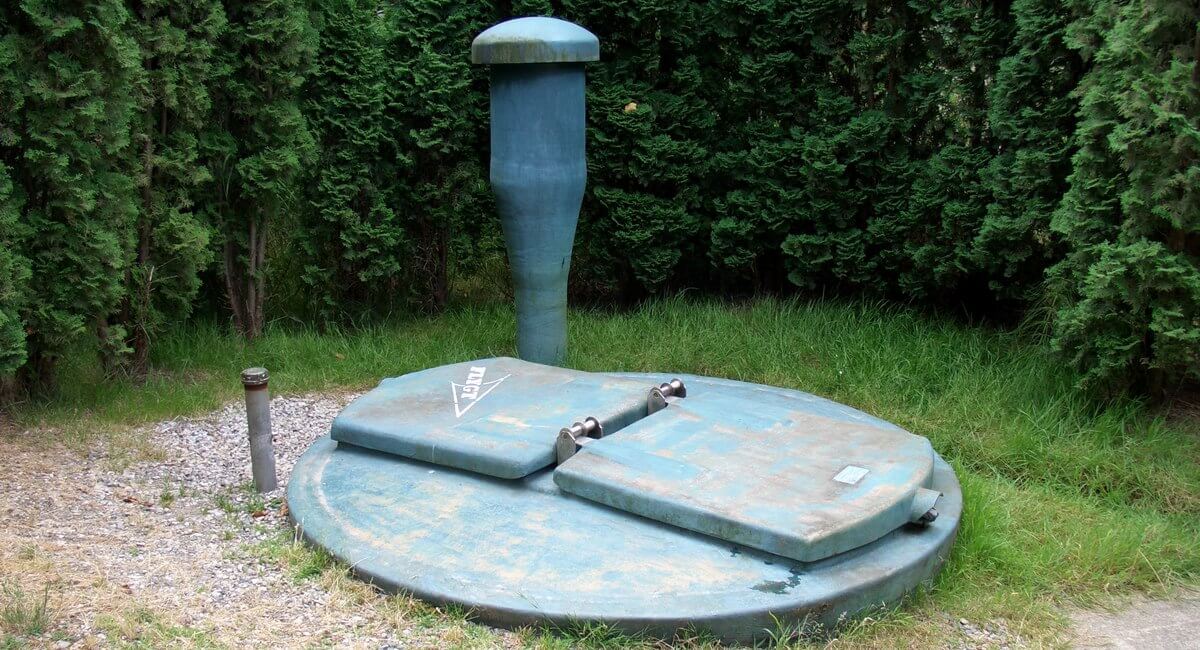
What Is Greywater?
Wastewater can be divided into two categories: blackwater and greywater. Blackwater is wastewater from toilets that contains urine and fecal matter. Wastewater from kitchen sinks and dishwashers is also sometimes considered blackwater because it can be contaminated by pathogens and grease. Greywater, on the other hand, is wastewater from showers, baths, bathroom sinks, washing machines, and other water sources that don’t make contact with fecal matter or pathogens.
Although greywater is not suitable for people or pets to drink, it can be recycled within your home for specific purposes. Most commonly, greywater is used to flush toilets and irrigate lawns. It should never be applied directly onto vegetables or other consumable plants, but it can be an excellent water source for the root systems in your lawn or garden.
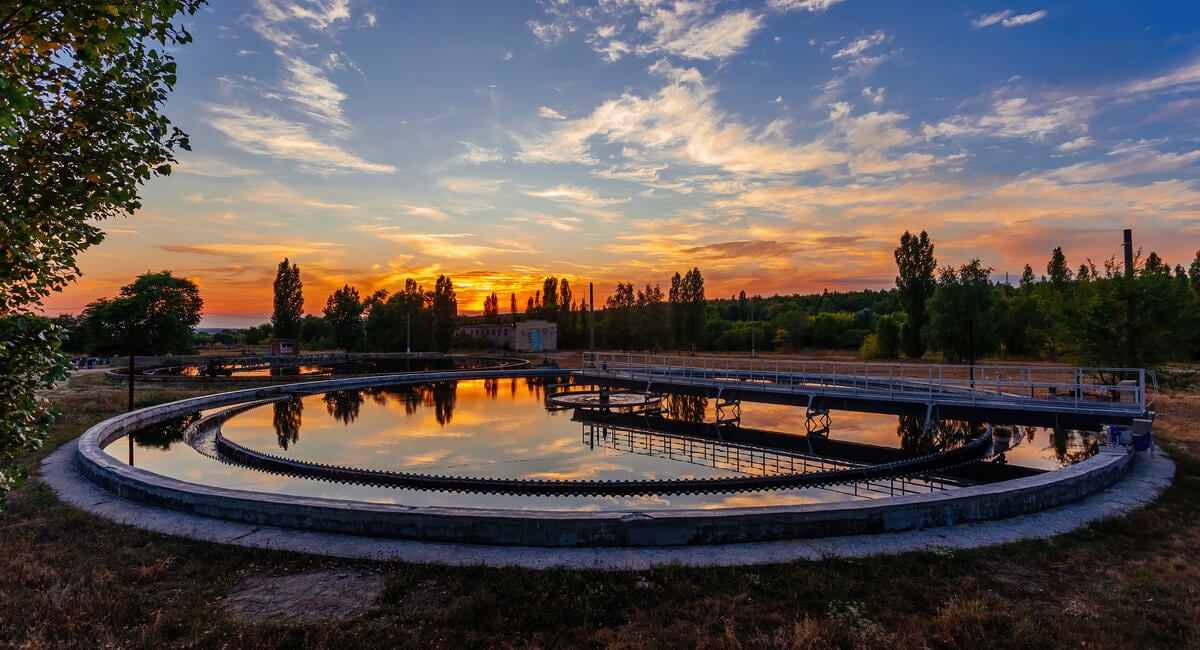
How Greywater Systems Work
Traditionally, all wastewater from a home flows into the septic system or the municipal sewer system. A greywater system allows the greywater to instead be recycled within your property. The system redirects the greywater to other purposes, such as irrigating the lawn and garden or flushing the toilets.
Greywater systems usually redirect the water from your home’s showers, baths, and washing machine. In most cases, greywater systems exclude the wastewater from your dishwasher and kitchen sink because dish detergents can be harmful to plants. However, you may be able to include your dishwasher and kitchen sink in your greywater system if you switch to an eco-friendly dish detergent.
There are two main types of greywater systems: gravity-based systems and systems that rely on a pump. A gravity-based system allows the greywater to flow directly from the source to your irrigation system through a collection of buried pipes. This system irrigates the roots of your yard or garden, which prevents the greywater from making any direct contact with humans or pets. Some systems include a filter to remove debris from the water before it reaches your yard. This filter may need to be cleaned regularly, but you can also invest in a system that uses a self-cleaning filter.
If the greywater needs to travel across a flat or uphill yard, you may need a system with an electrical or mechanical pump and holding tank. The pump pressurizes the system and forces the greywater through the pipes. This system is more expensive and complex to install than a gravity-based system, but it may be necessary depending on the landscape of your property and the layout of your plumbing system.
Your greywater system should also have a three-way valve so you can either direct the greywater toward the irrigation system or to your septic tank or municipal sewer line. This is especially helpful if you live in an area with cold and snowy winters. You can direct the greywater to your yard during the growing season and divert it to the sewer system for the rest of the year.
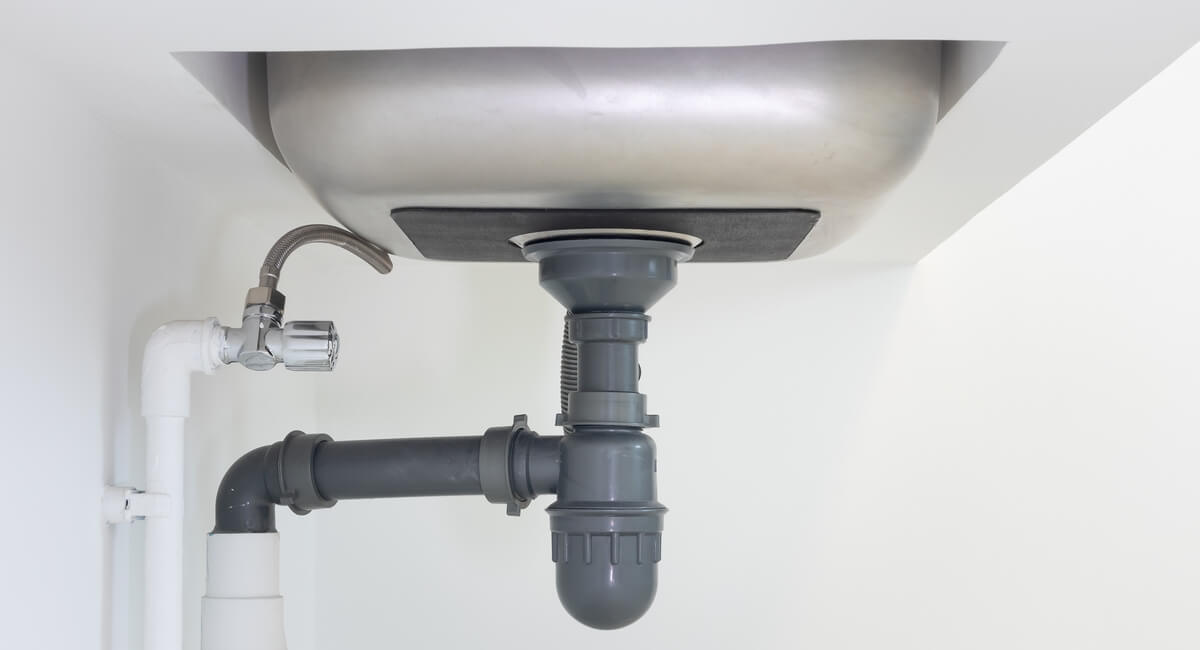
Benefits of Greywater Systems
Residential greywater systems offer many benefits. For most homeowners, the cost savings are the most important advantage of installing the system. The parts for a basic greywater system only cost a few hundred dollars. Hiring a plumber to install the system will cost extra, but you may be able to complete the job yourself if you’re handy. A greywater system can reduce your home’s water consumption by tens of thousands of gallons per year, so it greatly lowers your water bill.
If your home isn’t connected to a municipal sewer system, a greywater system can reduce the burden on your septic system. This can extend the lifespan of the septic system, which will save you even more money.
Greywater may even be better for irrigation than clear water because it contains traces of dirt, food, and grease, and these particles provide nutrients for plants. If you’re passionate about gardening or take pride in having a lush and green yard, a greywater system could be the perfect investment.
The environmental benefits of a greywater system are valuable, too. A greywater system reduces your household’s freshwater usage by a significant amount, which decreases your home’s overall environmental impact. If you live in a drought-stricken area, water conservation is particularly important.
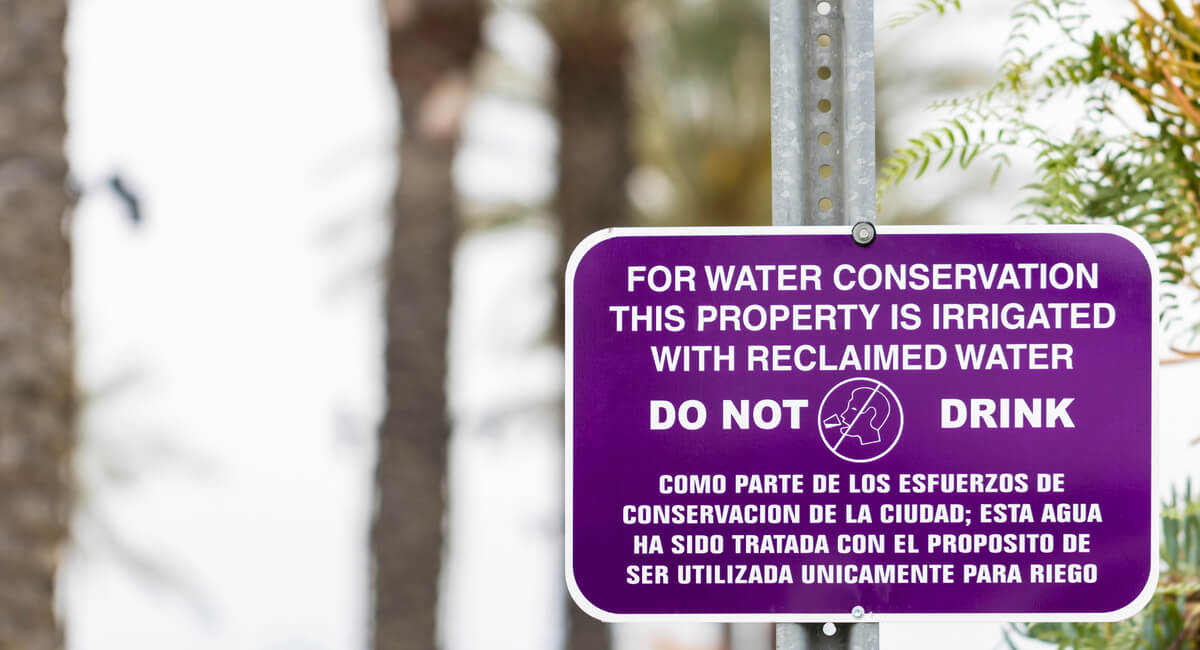
Greywater System Guidelines
There are some key guidelines to keep in mind if you’re thinking about installing a greywater system. First, you should research which cleaners and personal products are safe to use when recycling your greywater. Some compounds are harmful to plants and should be avoided if you plan to use greywater to irrigate your yard. Traditional water softeners contain salts that can harm soil and plants, too, so you may need to switch to a potassium water softener.
If your system includes a holding tank, avoid storing greywater for more than 24 hours. The debris in the greywater will start to break down at this point, which can create terrible odors. Greywater should also never make direct contact with humans or pets, so you should avoid letting it pool up in your yard.
Lastly, you should check your local and state regulations before installing a greywater system. All communities have different building codes and regulations. Some may only allow certain types of systems, and some may not allow residential greywater recycling at all.
A residential greywater system is a great way to conserve water and lower your utility bills without having to reduce your water usage. Greywater from showers, washing machines, and bathroom sinks is safe to reuse for irrigation and to flush toilets as long as you don’t come into direct contact with it. Basic greywater systems are simple and budget-friendly, and even the more expensive systems can save you money over time. If you’re looking for ways to make your home more efficient and sustainable, a greywater system may be the perfect upgrade.

